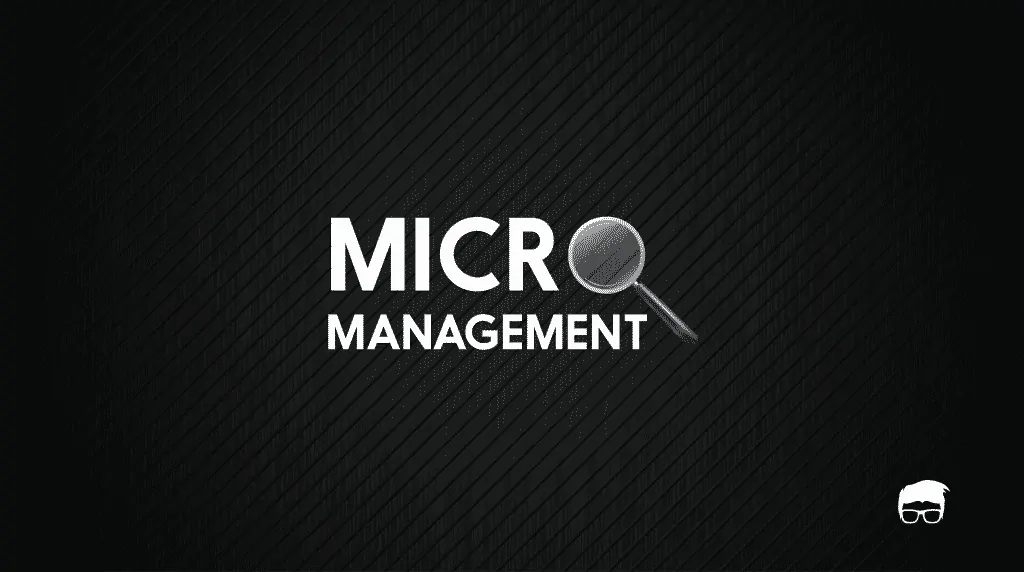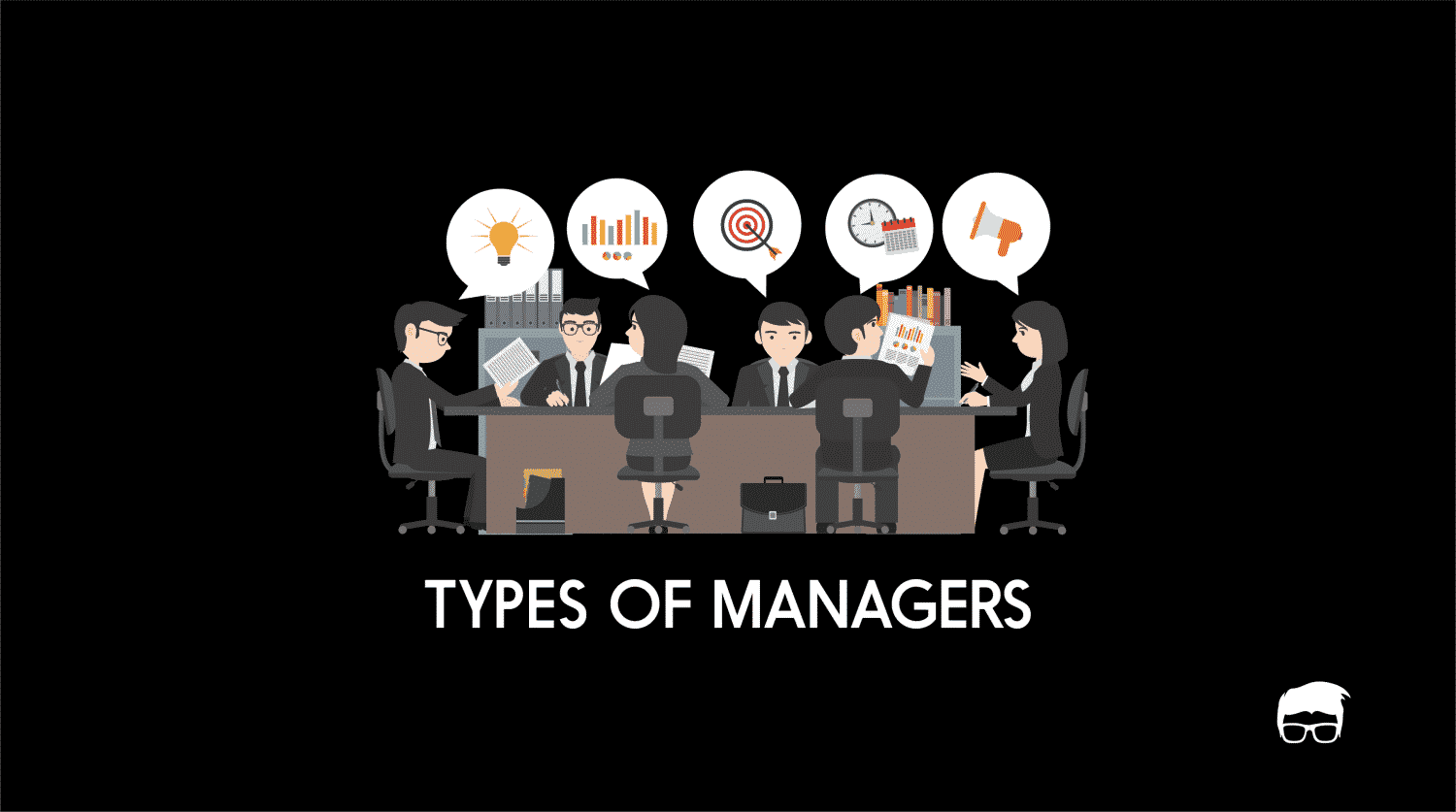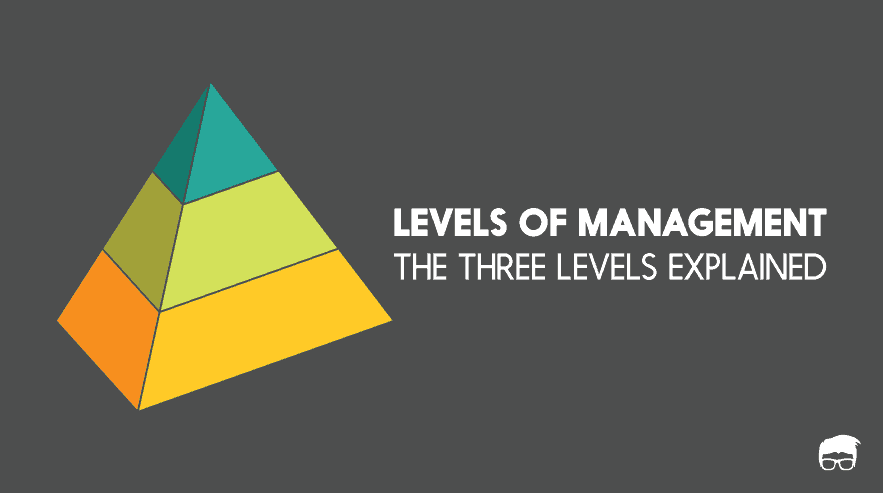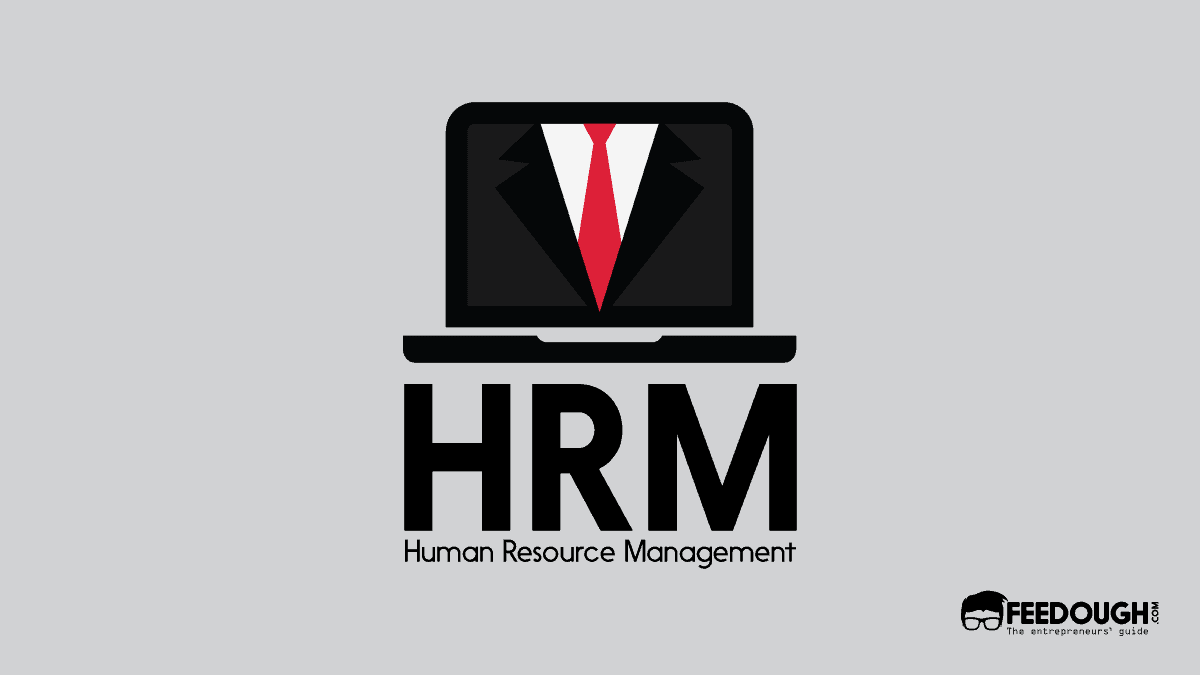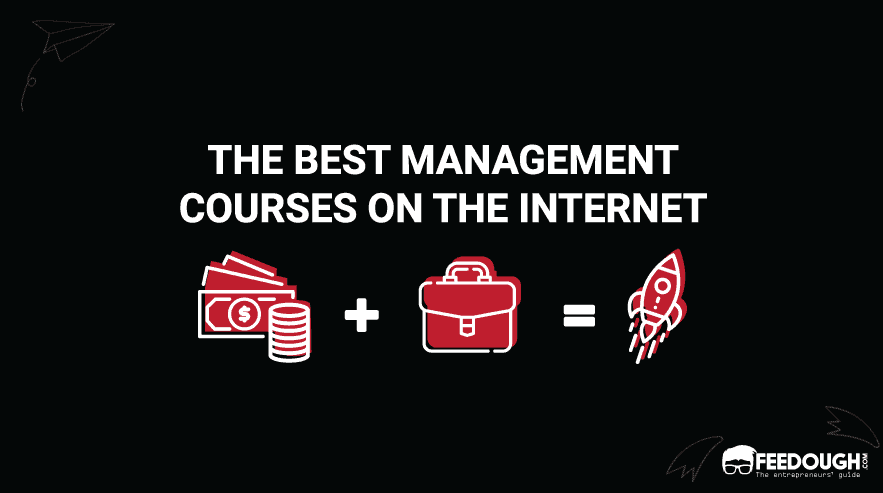Directing the efforts of the team towards a definite purpose or a goal involves the use of many managerial styles and strategies. These styles involve setting up a vision, mentoring, directing or setting high goals by being an expert.
One such managerial style is the micromanagement style where the manager micromanages every aspect of their subordinates’ work.
What Is Micromanagement?
Micromanagement is a management style characterised by excessive control and attention to detail to the works of subordinates or employees. It is a state where the manager closely observes and controls everything a subordinate or an employee does in the organisation.
Usually, micromanagement is said to be a characteristic of a directive manager and is considered to have a negative connotation. Nevertheless, it is one of the most common management styles found in organisations all over the world.
Who Is A Micromanager?
A micromanager is someone who lacks trust and micromanages every activity of their subordinate or employee. They are an autocratic manager who:
- Strongly believes in a top-down decision-making process
- Gets too involved in the work of their subordinates
- Is hardly satisfied with the subordinates’ outputs
- Wants the subordinates to follow “do it as I say approach”
- Asks for frequent updates on the task
- Give a lot of attention to the details
- Finds correcting others fun
Signs Of Micromanagement
Checking that the subordinates and employees are doing the right thing and making sure that the work is getting done is an important task of every manager. But paying attention to even irrelevant details and making sure the work is getting done every time and at every place is one of the signs of micromanagement. The other signs of micromanagement are:
- Focusing more on details rather than the end product
- Pushing aside the qualification and experience of others
- Failing to delegate most of the work
- Getting too involved in the work of the subordinates or employees
- Demotivating the team over petty issues
- Finding it fun to correct others
Effects Of Micromanagement
Applying the same level of scrutiny, intensity and forcing the subordinates to follow the do-as-I-say approach harms productivity and demotivates the employees. In fact, micromanagement is one of the key reasons why employee resigns from the organisation. There are many negative effects of micromanagement:
- Low employee morale
- High employee turnover
- Employees tend to depend more on the manager
- Less productivity
- Less creativity in the organisation
- Employees lose the trust in the manager
- Job dissatisfaction among employees
- Low scope of learning for employees
Examples Of Micromanagement
There are many situations in the life of a manager where they have to micromanage. However, an excess of micromanagement leads to its negative effects. Here are the following examples of micromanagement:
Asking employees to take permission for everything
It’s important for the manager to know what’s going on in the organisation but asking the employees to take permission before every step is a sign of micromanagement.
Constantly asking for updates on work even when the deadline isn’t near
Micromanagers pay too much attention to detail and give very little autonomy to their subordinates. They want the work to be done in a way they would have done it.
Overseeing every work
Micromanagers make themselves the beginning, centre, and end of every interaction. They want every work to be overseen by them which, most of the time, hamper the productivity of the team as they have to wait for hours to get the manager’s approval.
How To Avoid Micromanagement?
Even though it is hard for many but there are ways to avoid micromanaging. These include:
- Proper delegation of tasks
- Focusing on the end result rather than the minute details
- Believing in the qualification and experience of the team
- Develop a solid line of communication with the team
- Ignore some minor employee errors
- Develop a work policy or work procedure manual
Industries Where Micromanagement Is Suited
Micromanagement is advantageous in some short-term situations like crises and emergencies, and also in many industries like mining, manufacturing plants, military, etc. where close supervision is important for the well-being of the organisation and the employees.
Go On, Tell Us What You Think!
Did we miss something? Come on! Tell us what you think about our article in the comments section.
A startup consultant, digital marketer, traveller, and philomath. Aashish has worked with over 20 startups and successfully helped them ideate, raise money, and succeed. When not working, he can be found hiking, camping, and stargazing.
